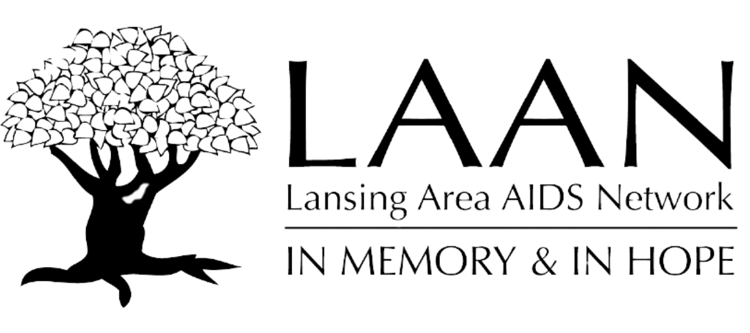HIV Associated Neurocognitive Disorder (HAND) is a collection of thinking, motor coordination, and mood problems experienced by people living with HIV. HAND is caused when the HIV virus enters the tissues of the central nervous system, causing damage and eventually disease.
While both HAND and Alzheimer’s affect the brain and have behavioral symptoms, HAND is different from Alzheimer’s in several ways. Alzheimer’s dementia is a progressive disease and is ultimately fatal, while the cognitive decline associated with HAND is more variable. There is also a difference in the severity of symptoms. Most people with HAND do not have impairments significant enough to reach dementia severity, meaning symptoms will not be as disruptive to day-to-day life.
The first signs of HAND are physical, including loss of motor skills, poor coordination, moving slowly, and tremors. Later symptoms of HAND can include attention & concentration problems, memory and learning difficulties, and deficits in executive function. Additionally, some people with HAND experience apathy and irritability, which can often be mistaken for depression.
There are three levels of HAND which are marked by the severity of interference with performing daily functions. The first level of HAND is Asymptomatic Neurocognitive Impairment (ANI), which consists of some neuropsychological impairment that isn’t noticeable on a daily basis. People with ANI experience little to no interference with everyday functions. The second level of hand, called Mild Neurocognitive Disorder (MND), consists of minor changes including physical symptoms and mild interference with performing more difficult everyday functions independently. The third level of HAND is HIV-Associated Dementia (HAD), which causes severe changes that significantly impact the ability to perform daily tasks.
Currently, the main treatment for HAND is suppressing the viral load using highly affective antiretroviral therapy (HAART). According to several scientific studies, patients on HAART have a significantly decreased risk of developing HAND. In addition, HAART can reverse the affects of HAND, and in some cases can induce remission of symptoms. According to Dr. Kaitlin J Reilly, MD, “Early and continuous viral suppression with HAART is associated with improved performance on neuropsychological testing.”

